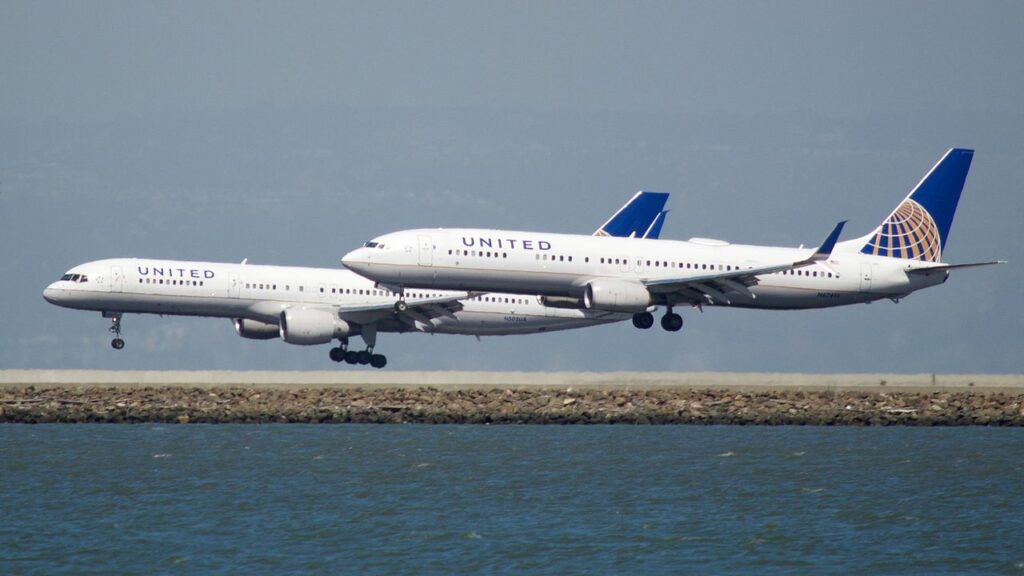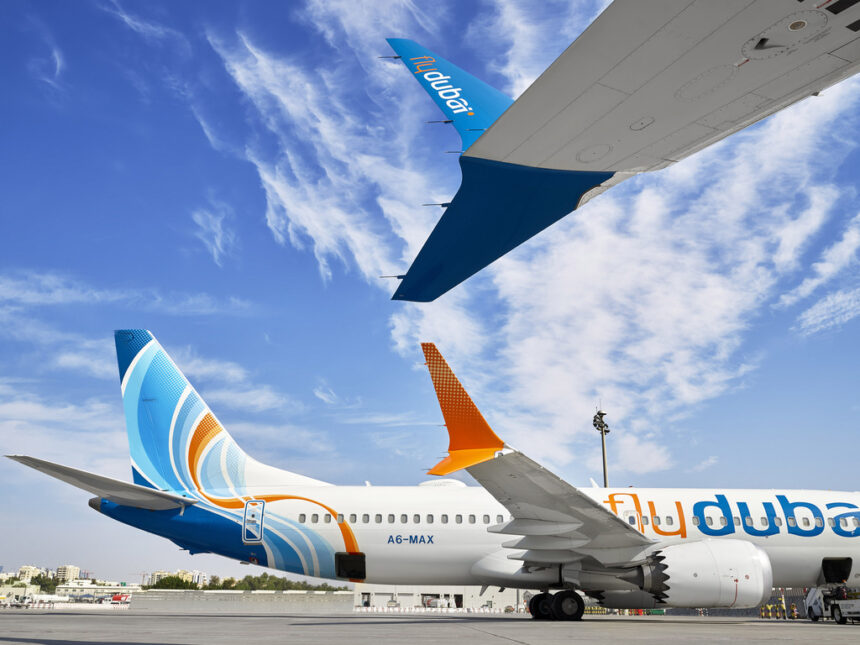US carrier United Airlines will begin using a blend of Sustainable Aviation Fuel (SAF) on departing flights from San Francisco International Airport and plans to use a SAF blend later this year at London Heathrow Airport.
The latest measures could put the airline on track to use approximately 10 million gallons in 2023 – nearly three times more than its 2022 usage and close to 10 times more than it utilised in 2019.
“It’s remarkable to see that in just a few years United has exponentially increased its SAF use,” said United Chief Sustainability Officer Lauren Riley.
2023 SAF uptake
“While 10 million gallons of SAF in 2023 represents a fraction of what we need, we have also made big investments in producers that are using everything from ethanol to algae, to CO2, to help increase our available future supply.”
“We believe these investments, along with our continued collaboration with policymakers, cross-industry businesses, and other airlines will help us scale this brand-new industry to achieve comparable success to solar and wind.”
To date, United has invested in the future production of over five billion gallons of SAF – more than any airline, based on publicly announced agreements.
Additionally, as a result of today’s announcement, the carrier will fly more miles on SA willF in 2023 than any airline.
[monsterinsights_popular_posts_inline]
LAX and AMS airport ops
United has used SAF blends at Los Angeles International Airport (LAX) since 2016 and Schiphol Airport (AMS) in Amsterdam since 2022 and continues to use SAF at those airports in 2023.
The SAF deliveries commenced at San Francisco Airport in April, with United receiving 1.5 million gallons of SAF for departing flights, the remainder of United’s SAF supply will be used at Los Angeles International Airport and Amsterdam’s Schiphol Airport.
London Heathrow Airport is expected to begin receiving deliveries of SAF later in 2023. Once the SAF is delivered to London Heathrow, it will mark the first time United would participate in London Heathrow’s SAF incentive program.
How important is SAF?
Unlike traditional jet fuels that are derived from fossil fuels, SAF has a significant potential to reduce greenhouse gas emissions and the environmental impact of aviation.
The aviation industry is one of the fastest-growing sources of greenhouse gas emissions, and the International Air Transport Association (IATA) has set a target to reduce net aviation emissions to half of 2005 levels by 2050.
SAF has the potential to reduce greenhouse gas emissions by up to 80% compared to traditional jet fuels, depending on the feedstock and production process.
It is a drop-in fuel, which means that it can be used in existing aircraft engines without any modifications, and it has been certified by aviation authorities around the world.
However, there are still challenges to overcome in terms of the availability and cost of SAF. The production of SAF is currently more expensive than traditional jet fuel, and the availability of SAF is limited.
To overcome these challenges, governments and industry stakeholders are working together to increase the production and use of SAF, through measures such as incentives and regulations.
The use of SAF is an important step towards achieving a more sustainable aviation industry, but it is just one of many solutions that will be needed to reduce the environmental impact of aviation.









